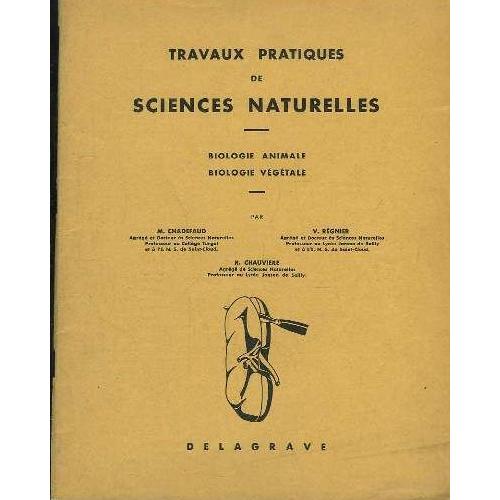

We formulated our approach after countless conversations with teachers and students in which we noticed some important trends in how biology is taught. Toward that end, in this new edition we removed some of the most technical details and terminology, which we hope will help nonscience major students to focus on the key topics in biology. We’ve aligned this new edition with today’s “less is more†approach in biology education for nonscience majors—where the emphasis is on fewer topics and more focused explanations— and we never allow the content we do include to be diluted. Campbell’s vision, which we carry on and extend in this edition, has enabled us to keep Campbell Essential Biology manageable in size and thoughtful in the development of the concepts that are most fundamental to understanding life. To that end, the book is organized into four core areas: cells, genes, evolution, and ecology. Neil Campbell conceived of Campbell Essentialīiology as a tool to help teachers and students focus on the most important areas of biology.

“So much biology, so little time†is the universal lament of biology educators. Writing Campbell Essential Biology is to help teachers motivate and educate the next generation of citizens by tapping into the inherent curiosity about life that we all share.Īlthough our world is rich with “teachable moments†and learning opportunities, the explosion of knowledge we have already witnessed in the 21st century threatens to bury a curious person under an avalanche of information. But despite the inborn affinity that nearly everyone has for biology, it can be a struggle for nonscientists to delve into the subject. To medicine, biotechnology, agriculture, environmental issues, forensics, and myriad other areas. Furthermore, nearly everyone realizes that the subject of biology has a significant impact on his or her own life through its connections

Although some people say that they don’t like biology (or, more often, science in general), nearly everyone will admit to an inborn biophilia.Īfter all, most of us keep pets, tend a garden, enjoy zoos and aquariums, or appreciate time spent outdoors. In addition, the world of pop culture is rich with books, movies, TV shows, comic strips, and video games that featur biological wonders and challenge us to think about important biological concepts and their implications. It’s difficult to view a news website without finding stories that touch on biology and its intersection with society. Opportunities to marvel at the natural world and the life within it abound. This is a wonderful time to teach and learn biology.


 0 kommentar(er)
0 kommentar(er)
